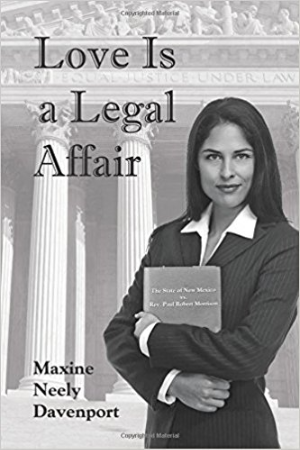
Second, and far more important, poisoning one’s father was considered bad ton.”īut Mia’s moved to consider marriage by his threats, as well as her common sense: if she can find the right spouse, she’ll have the freedom she requires to leave said spouse so that she can retriever her secret son, Jibril.Įnter Adam, a marquess. First, she had no poison, or any idea how one acquired such a thing in this cold, confusing country.

Unfortunately, poison was not the answer to this particular problem. After all, in the harem poison was a perfectly reasonable solution to one’s problems.

“Euphemia Marlington considered poisoning the Duke of Carlisle. When the book opens, Mia’s father, the Duke, lectures her yet again. That truth might send someone running for smelling salts. Little do they know that she’s been living in a harem, where she was sent after being kidnapped by corsairs, and that she has a teenage son, Jibril, whom she left in Oran-by his command-so that he could attempt to wrest control of his father’s holdings. I feel compelled to use so many “so”s when describing this book: it’s so bold, captivating, and sensual that it feels positively decadent.ĭangerousis the romantic adventure I didn’t even realize that I’ve been looking for: a 33-year-old woman, Euphemia Marlington, called Mia, must find a husband because the ton talks too much about her and where she’s been for 17 years.

I’ve read about princes and princesses, highlanders, and pirates, and I’ve read lots about marriages of convenience, but I’ve never read a historical romance about a woman who escaped from a harem and now looks to marry in England. The sheer inventiveness of Minerva Spencer’s historical romance Dangerousleft me stunned and admiring.


 0 kommentar(er)
0 kommentar(er)
